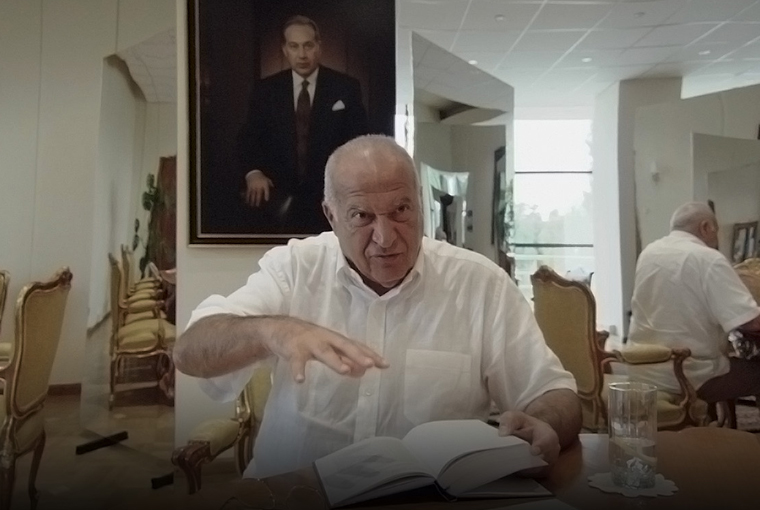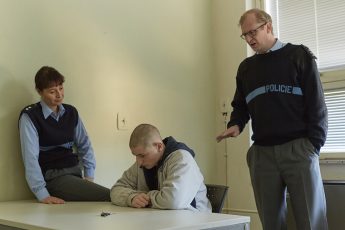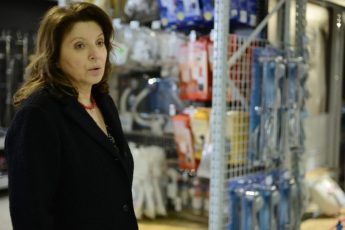Brave New World
Alexandru Solomon’s Kapitalism: Our Improved Formula (Kapitalism- rețeta noastră secretă, 2010)
Vol. 3 (March 2011) by Konstanty Kuzma
With the fall of the iron curtain in 1989, Romania went through a revolution that brought an end to the communist regime and was followed by the establishment of a new, democratic state. The Communist Party of Romania – although never formally dissolved – was overthrown in only a week; Ceaușescu who led the country from 1965, was executed along with his wife on the 25th of December after a showcase trial that lasted but a few hours. Today, twenty years later, Romania is a member of both NATO and the European Union. But Romania’s journey to a New Europe didn’t go as smoothly as it may seem or, one could say, too smoothly. Of course, the transition of Romania into a democratic system generated problems that are exemplary for most Eastern European countries. After 1989, the radical transition into a liberal system brought up the question around the Eastern Bloc what is to happen with the people who were members of the old system. However, in many ways Romanian reality seems more severe than that of its neighboring countries.
While Ceaușescu’s regime was brought down in 1989, the revolution was not followed by legal measures against the members of the regime or the Securitate. The Securitate – the Romanian Secret Service during the communist rule – had 40 000 official employees, and an indefinable number of unofficial employees, until it was dissolved in 1990. The National Salvation Front (NSF) that led Romania from the communist system to the new democratic state until it split up in 1992 was headed by Ion Iliescu, who was a member of the state direction of the economy under Ceaușescu. Iliescu became president in 1990 in the first post-communist elections, and was reelected in 1992 as the leader of the newly formed Democratic National Salvation Front. The revolution was over and the book was closed, with the members of the old system now established in leading positions of the new system.
In his documentary Kapitalism: Our Improved Formula, Alexandru Solomon illustrates Romania’s transition from communism to democracy, following seven people who played their role in the old system and are now active as successful businessmen in the new Romania. The film that is essentially based on the willingness of the protagonists to illustrate themselves, gives a frightening insight into the dimensions of Romanian society. To an outsider who is not familiar with the political and social reality of Romania, the boldness of the seven businessmen speaking about their views in the film seems almost vulgar. It is possible that Solomon in fact underestimated the impact of his film on a Western audience, as there are scenes where the documentary leaves its objective perspective and loses itself in judgement. These banal fragments of the film are also its weakest – when we see the reappearing image of money on screen, or when an interview is followed by suggestive music.
Parallel to the plotline that follows the success stories of the businessmen, there is a fictional plot to the story as Solomon invites Ceaușescu to see the country he has left behind. The justification for this juxtaposition seems clear: the system has changed, but the protagonists and their values have stayed the same. As Solomon shows in the film, the trials against former Securitate functionaries are still pending. The vulgarity of the boldness on screen turns into the sadness of reality. Solomon’s film is a frightening account of Romanian reality that – in spite of the lightheartedness of its protagonists and style – does not lose its face. In Kapitalism: Our Improved Formula, Solomon allows the audience to enjoy the system on screen as much as the businessmen do in real life. The question is whether in real life, the story is ever going to end for the seven businessmen.




Leave a Comment